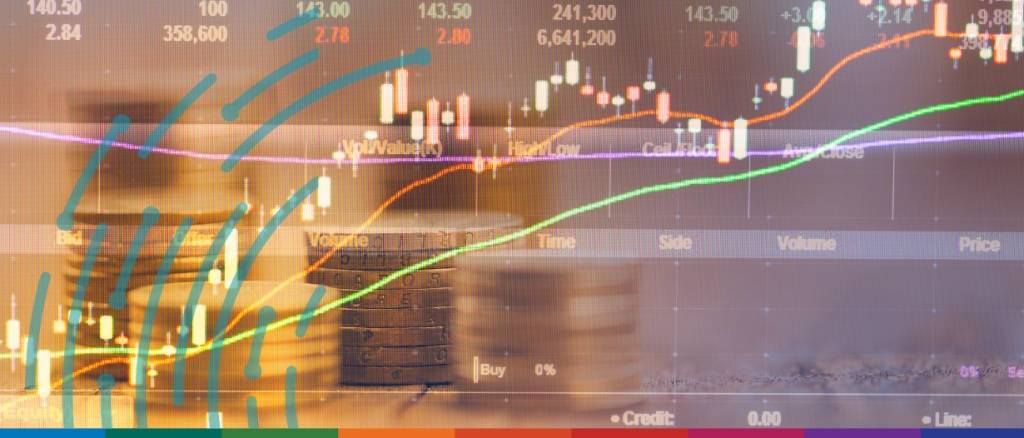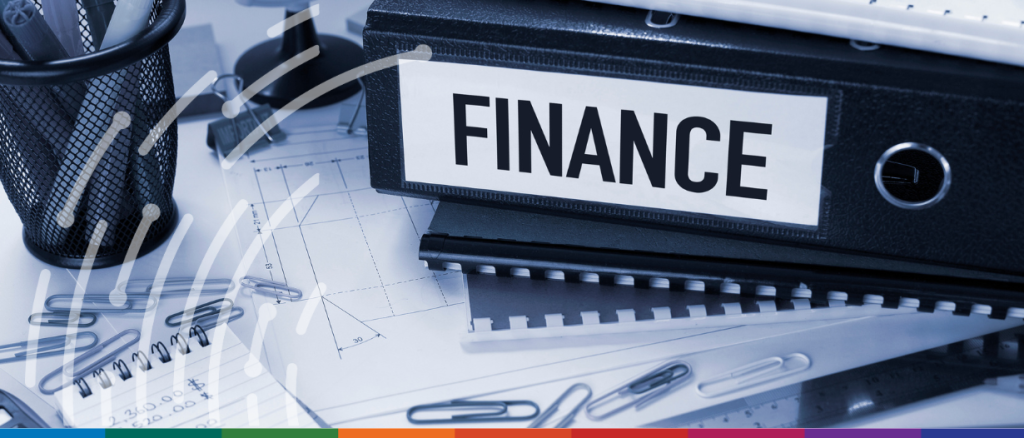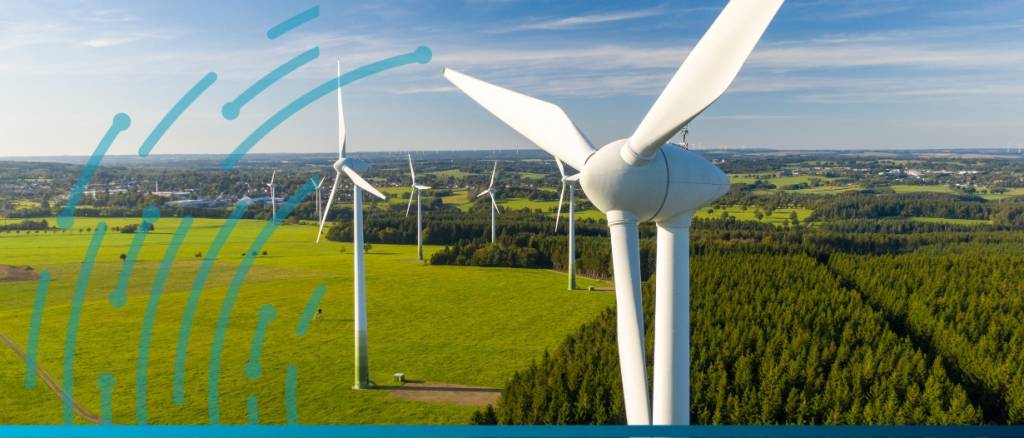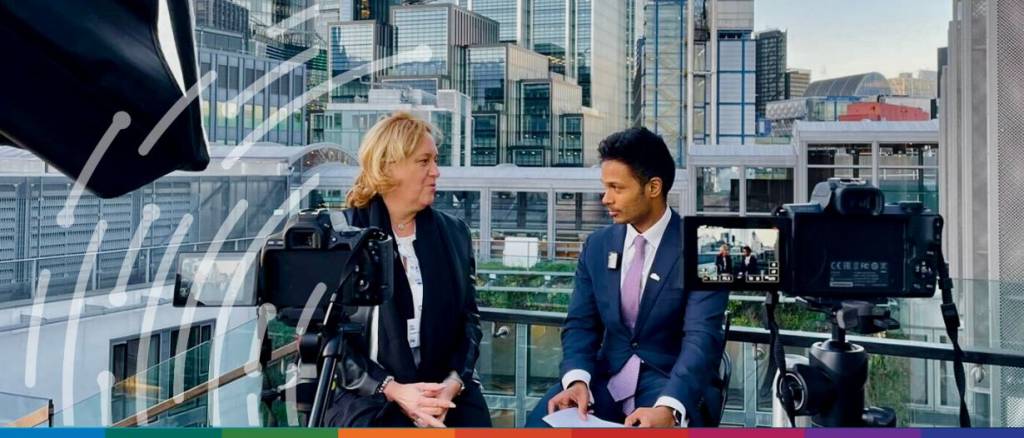British International Investment (BII), the UK’s development finance institution and impact investor, together with the Asian Development Bank (ADB), a regional development bank for Asia and the Pacific, announced their collaboration to finance up to $100 million in green trade transactions across the region.
What is the outlook for commodity trading in 2024? Marsh’s Aaron Bailey and Christopher Coppock provide their views.
Due to long mining periods and overblown expectations, industries in the midstream lithium supply chain shoulder the most pressure and are the most fragile in the supply chain.
Over the past years, international trade has been challenged by various factors. According to the 2023 Digital and Sustainable Trade Facilitation Global Report, while global merchandise trade volumes in 2021 displayed a strong recovery from the contraction suffered in 2020 due to COVID-19, trade growth slowed down in 2022.
The International Finance Corporation (IFC) has today unveiled a green and sustainability-linked loan (SLL) of €300 million to Iberdrola.
Following on from our first predictions article, the incremental gains for credit insurance, trade and supply chain finance, TFG surveyed 9 more industry experts looking at what we might expect for technology for trade, treasury and payments in 2024.
40% of Britons want to exercise more in 2024, according to Forbes. For many, this means going to the gym, which has almost as many acronyms as trade and supply chain finance.
Sustainability is one of the most used terms in the trade finance industry in 2023. While everyone knows what it means, and most know what the challenges are behind implementing sustainable actions, there is a clear issue with implementing tangible solutions.
Businesses and public authorities across the EU may be facing tougher laws on late payments, with the European Commission proposing a new regulation enforcing maximum 30-day terms.
As the polycrisis of nature, climate and social justice unfolds, the notion of ‘business as usual’ is being disrupted. Whilst Scope 1 and 2 GHG emissions are largely under the control of an organisation, Scope 3 are considered the ‘hidden’ emissions, intricately woven into a company’s supply chain.
























